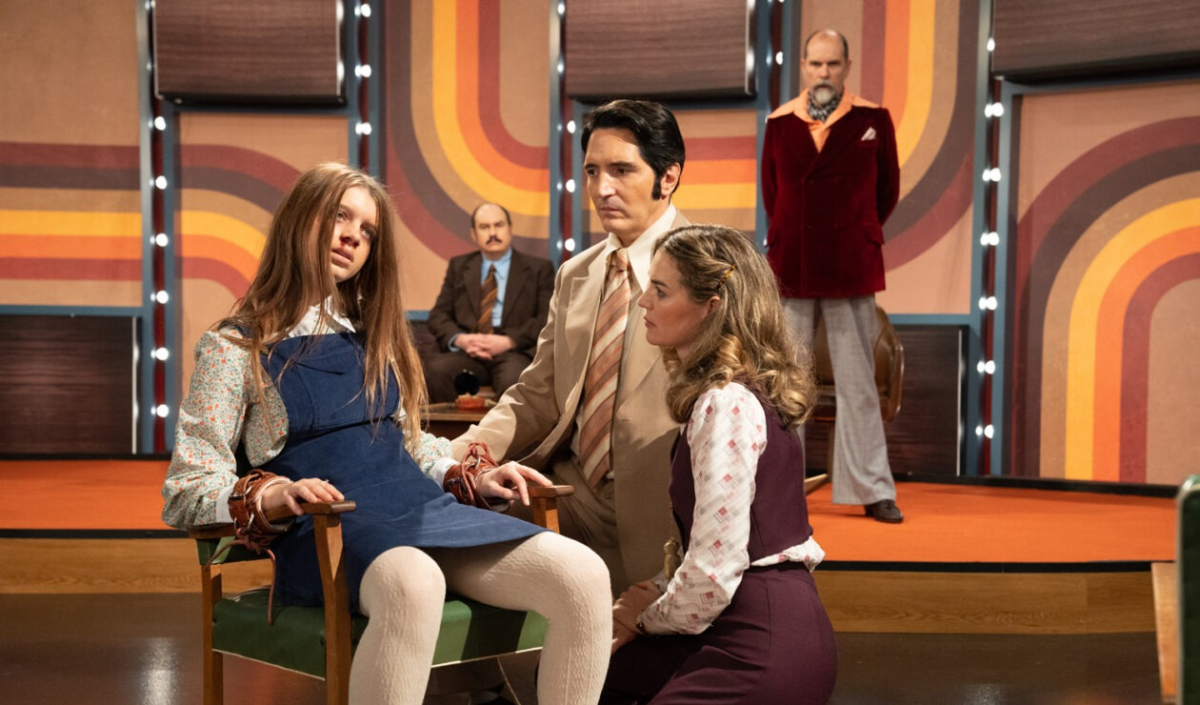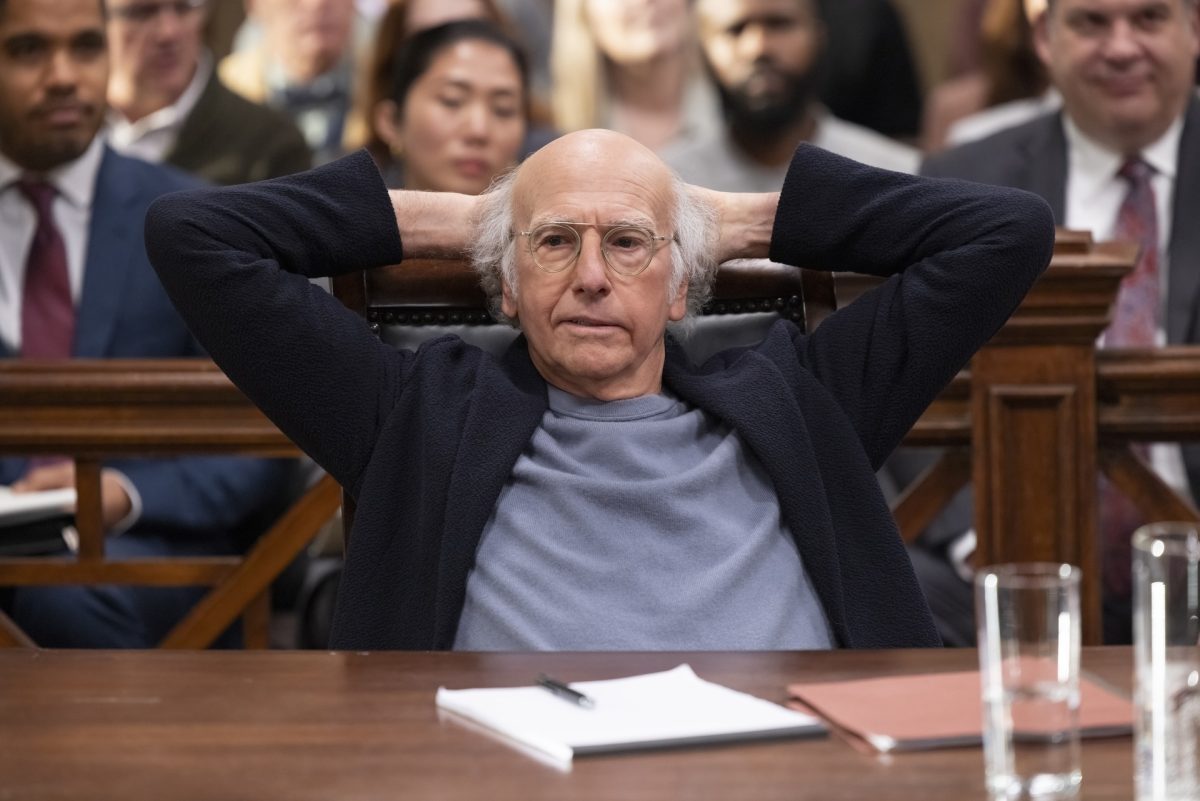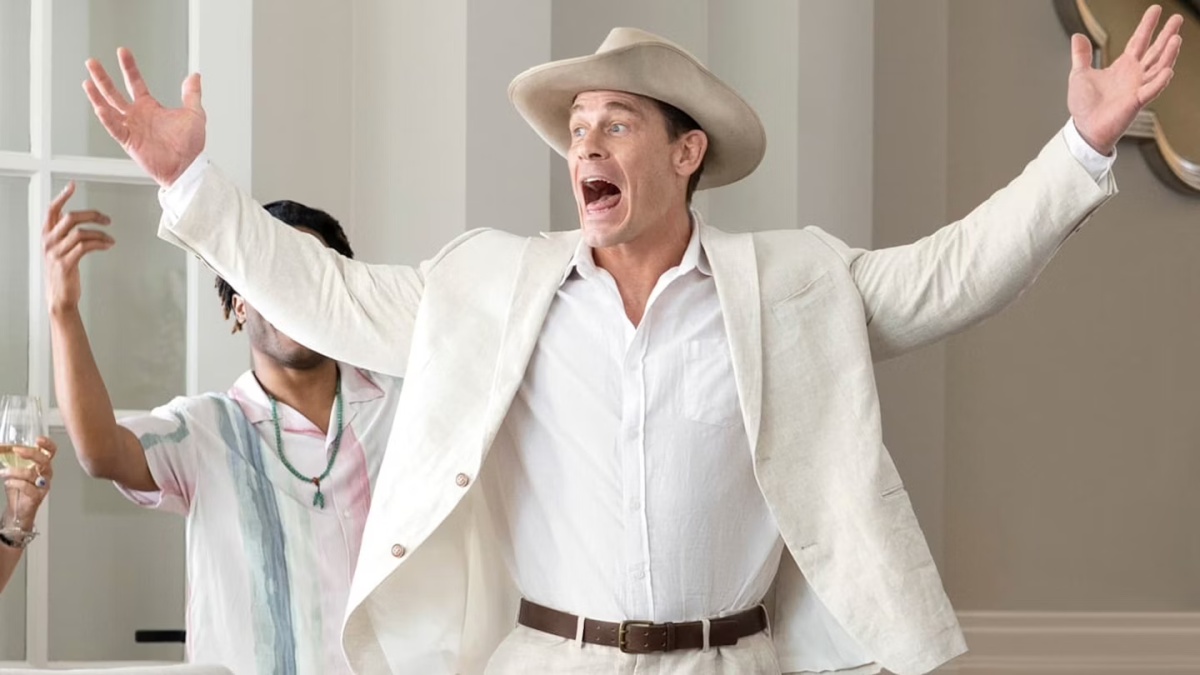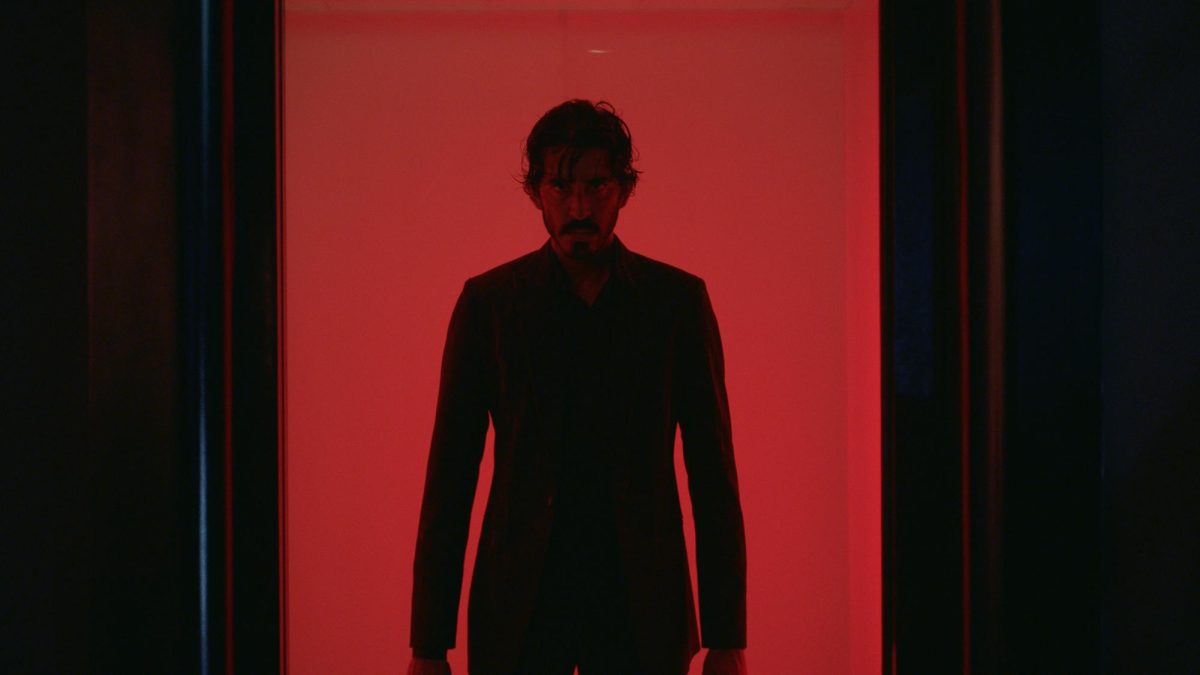Reality television is often thought of as the ugly stepchild of modern television. Unless it’s a competitive series of slightly esoteric taste (such as the foodies’ “Top Chef” or the fashionistas’ “Project Runway”), it’s hard for a reality show to gain much respect. It’s easy to see why. While “Jersey Shore” may be an entertaining trifle, it does little to dispel reality TV’s reputation as the lowest of the lowbrow in popular entertainment.
It’s bizarre then to look back at the genre’s roots. HBO’s new miniseries, “Cinema Verite,” inspires a nostalgic look back into reality TV’s storied history. “Cinema Verite” is based on the making of 1973’s “An American Family,” a 12-part documentary on PBS that followed the daily lives of Santa Barbara family the Louds. At the time, it was a stirring new enterprise in television, eliciting discussions and great controversy for its depiction of the Louds’ eventual divorce and the inclusion of TV’s first openly gay man, Lance Loud.
“An American Family” is also largely considered to be the antecedent to modern reality television. After watching excerpts from the series online (the complete series has never been available on video), there are curious cues to current reality TV trends that give even the assorted dramas of the “Real Housewives” franchise some unexpected gravitas.
Like most reality shows, the subjects of the series come from an affluence likely foreign to most of the people who actually watched it. Even 40 years ago, reality TV was all about watching beautiful rich people cry their pretty tears into martini glasses.
What also holds true is the empathic potential for reality TV to relate life’s banalities across socioeconomic divisions: In one scene, Loud daughter Delilah, her hair tightly wound in curlers, fidgets as she labors through a dull phone conversation with her father. In another scene, the Loud children, out of what appears to be sheer boredom, attack each other in the backyard with a garden hose. They may be wealthier than most of their viewers, but they face the same quotidian hurdles as the rest of us.
Where “An American Family” differs from current reality TV is also often a main point of contention for opponents of the genre. Unlike current reality TV programs, the drama in “An American Family” is not ginned-up, at least not in the same way shows are now. Sure, cameras following you around can affect your behavior and crafty editing techniques can help parse theater from the slightest of scenarios. What’s different about “An American Family” is that there’s an almost entire lack of direction to the production, including no confessionals.
Most unlike current reality TV, you never immediately get the sense that any of the scenes in “An American Family” are staged. Although upon the series’ airing, the Louds were vocal about their discomfort in how Gilbert chose to edit down the 300 hours of footage, watching it 40 years later the unraveling of the Louds’ marriage comes through powerfully unfettered.
There’s a particularly sobering moment in episode nine that one would never see on current reality TV: Bill returns home from business out of town to Pat, his wife, who tells him to move out. What follows is 10 devastating minutes: The camera follows as Bill calls to book a hotel reservation and pack his clothes; Pat sits silently on their bed.
You can see both of them straining to maintain their composure in front of the camera and for those few brief minutes, the show is almost unbearably, chillingly real. A marriage that spanned 20 years and bore four children ended in a single night, and all of America was the audience to them coming undone.
Could this kind of genuine real-life drama ever make it on the air in 2011? It seems unlikely. Modern reality TV is more like an alternative method of storytelling, a way to restructure a fictional narrative by calling it “reality.” It’s a shame, because “An American Family” proved 40 years ago that reality, the kind without quotations, is rife with compelling drama all its own.




















